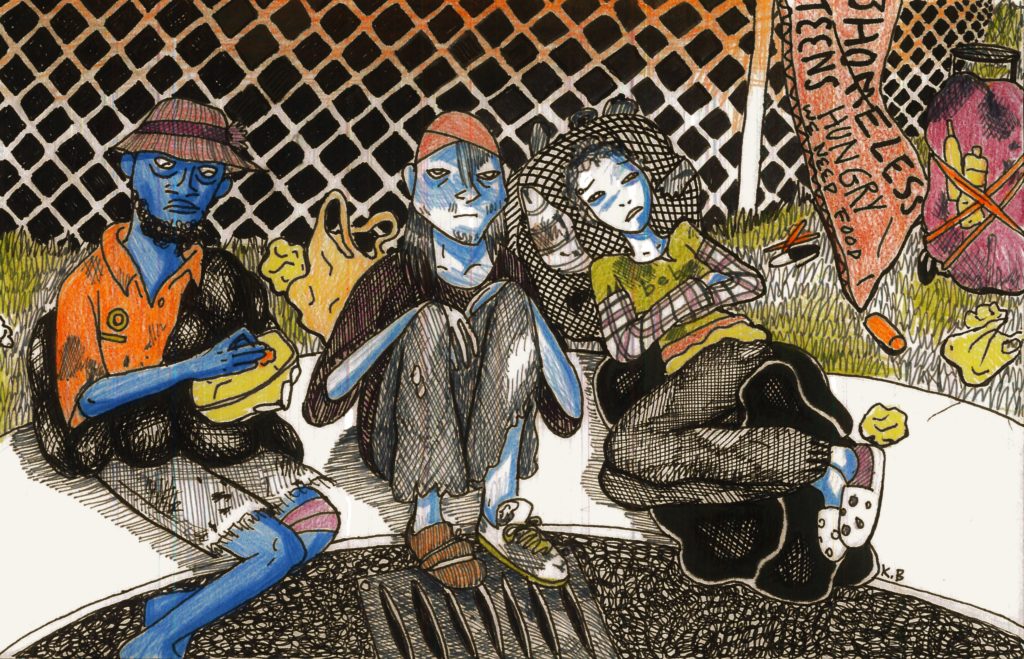Youth Homelessness Is An Issue In Miami
Not too long ago, I was attending church on a Sunday. It was the first church in my life where I didn’t feel the need to bring a Kindle to distract myself as the pastor droned on about the dangers of the so called “enemy,” meaning the devil.
I listened intently to the week’s sermon. The title was, “Who Are We Passing By?” The sermon dealt with second class citizens we see as subhuman and unworthy. I thought of one good example of a reality that applies with the title and the sermon itself. I thought of a particular group of individuals that the majority, including myself, here in Miami pass by on several occasions.
Homelessness is a huge problem in Miami alone. It is an epidemic that does not discriminate, a national shame. But the real tragedy of homelessness lies with the youth.
According to the National Alliance to End Homelessness, an estimated 1.7 million youth under the age of eighteen have experienced homelessness across the nation. That is a staggering number, but the statistics don’t end there. About 40 percent of those teens identify themselves as LGBT, which makes for further stigmatization.
A 2002 report prepared by the U.S Department of Health and Human Services revealed that 21-40 percent of the youth who are homeless have experienced sexual abuse.
There are several reasons why youth homelessness exists. For example, 25 percent of those in foster care who have “aged out” of the system have reported that they have experienced homelessness after they left foster care.
It is becoming increasingly hard to be homeless in Miami since officials have been cracking down against it. In 2013, the City of Miami sought out to undo a legal agreement that protects homeless people from police harassment. Making homelessness a crime is the wrong thing to do, simply because these individuals are human. But sadly, society—meaning us—consider them as subhuman.
I have been guilty, as have others, of passing by individuals who have nothing, curled up on sidewalks, huddled in back alleys, and hidden in plain sight. Until one day, as I was hurrying out from a store, I saw a young family with two children. The ratty cardboard sign said that they were homeless and in need of money for food. I could have walked away, ignoring the guilt and instead focusing on the other errands I had to do. I could have pushed away the fact that the young family might be sleeping in a car or that I was already struggling financially. Instead, I reached into my wallet and handed them a five dollar bill. They expressed their endless gratitude, thanking me profusely.
Homelessness knows no race, gender or ethnicity. It affects all of us. The question should remain on everyone’s mind: Who are we passing by?




